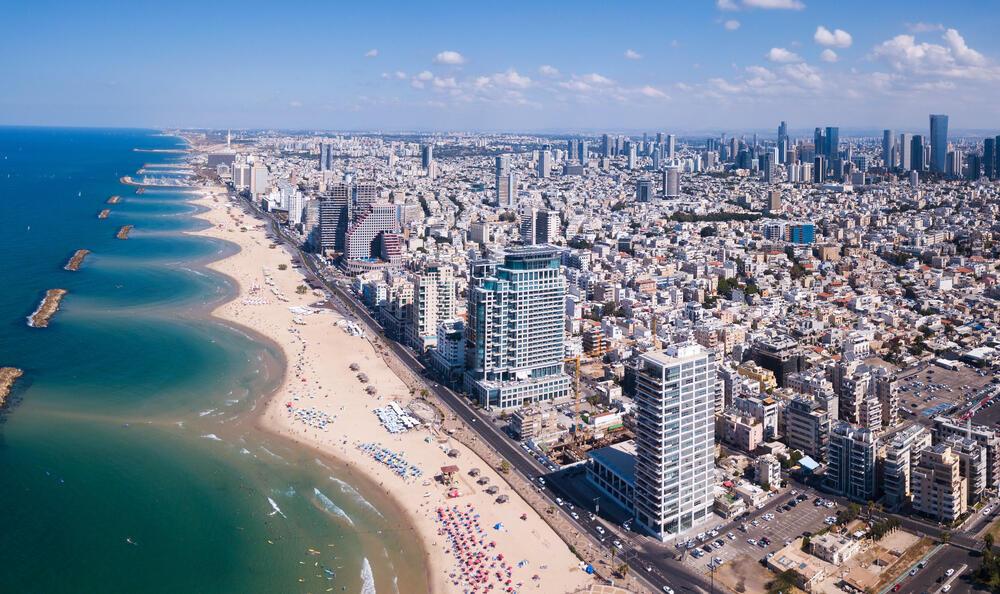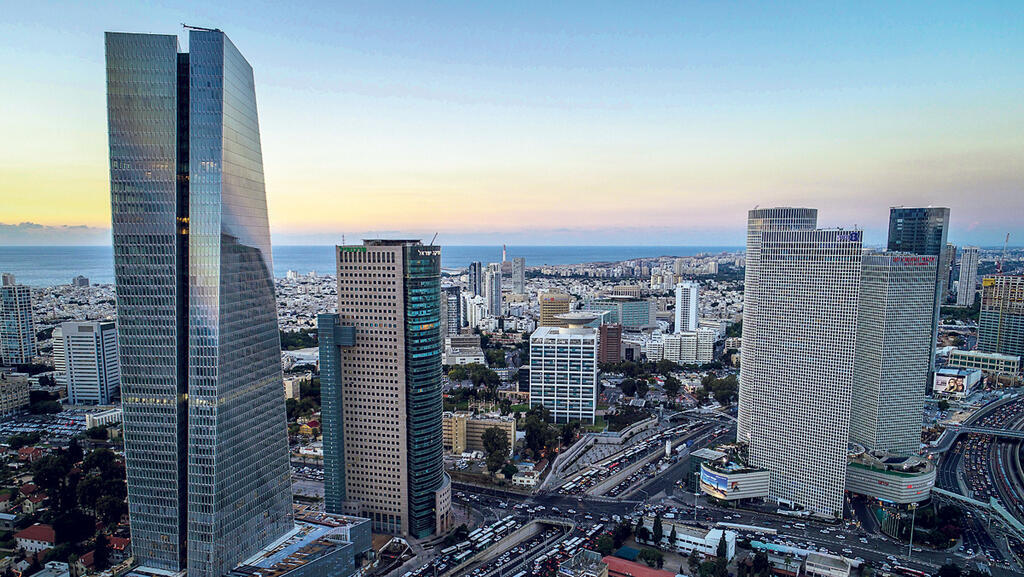In September, Tel Aviv's hotel scene hit a surprising low, with occupancy rates dipping to just 45%, according to the latest figures from the Tel Aviv Hotel Association. These numbers come straight from the hotels themselves.
Oren Drori, the association’s CEO, shared with Ynet that this is the lowest point since the onset of the conflict. It's worth noting that from October 2023 until recently, evacuees filled many of the city's hotels. Over the summer, there was a spark of improvement, with occupancy climbing to 66% in July and 54% in August, largely thanks to local Israelis enjoying a staycation in the vibrant city.
Drori explained, "We managed through the early months of the conflict because evacuees occupied every available hotel space, from boutique inns to grand establishments. Currently, there are about 2,500 evacuees still in Tel Aviv hotels. The outlook from November through Passover looks quite challenging, and it's anyone's guess what might unfold by then. The entire industry feels the pinch.
"While large independent hotels face significant losses, smaller chains, especially those renting properties, are feeling the squeeze even more. We're pushing hard for government support for our hotels, but success is uncertain. If the dire predictions hold true, it could dismantle an infrastructure that’s taken years to build, and restoring it won't be easy. Furthermore, maintaining our skilled workforce, which is already stretched thin, will become increasingly difficult."
Until the October 7 attack, Tel Aviv was living the dream as one of the globe's premier tourist hotspots. It wasn't just a magnet for leisure travelers; international business folks flocked here, too—though they've hit pause on their visits for now. The city is home to about 13,000 rooms spread across nearly 100 hotels, with 40 of these being charming little gems offering 30 rooms or fewer. Many of these are independent spots, not tied to any big chains.
Back in 2019, Tel Aviv was riding high on a wave of tourism success, welcoming around 4.5 million visitors and sparking a boom of entrepreneurs eager to open chic boutique hotels and other lavish investments. But then came the pandemic, and now, the conflict.
Today, hotel owners and managers are feeling a bit anxious about what's next. As the holiday season wraps up at the end of October and Israel drifts into winter, there's an anticipation of a dip in occupancy rates. Without a government rescue plan, which is still just a wish, not all might weather the storm. Independent hotels, especially those leasing their properties, are feeling the downturn the most as revenues shrink, struggling to cover costs.
The Brown Hotels chain was recently in the news for signing a deal to sell to Canada-Israel due to financial hurdles, it's a telling case of a mid-sized chain that focused its efforts on Tel Aviv and found it tough to stay afloat.
Danny Lipman, Managing Director at Atlas Hotels, stated: "The situation is catastrophic. I've already heard that some small chains are on the brink. It would take a miracle for the industry to recover. If someone guaranteed me that I could close a hotel and not pay its expenses, I would close it. But shutting down doesn't exempt you from rent, property taxes, security, and maintenance. Business hotels, especially in Tel Aviv, are empty of tourists. The government is doing nothing, and we might see hotels here go bankrupt."
Haim Douk, Marketing and Sales Director at Prima Hotels added: "We are very concerned about what will happen in the winter months after the holidays. The problem is there’s no clear future. No one knows when the conflict will end. In the meantime, we've informed our managers to consider unpaid leave and reduce operational expenses."
Get the Ynetnews app on your smartphone:




